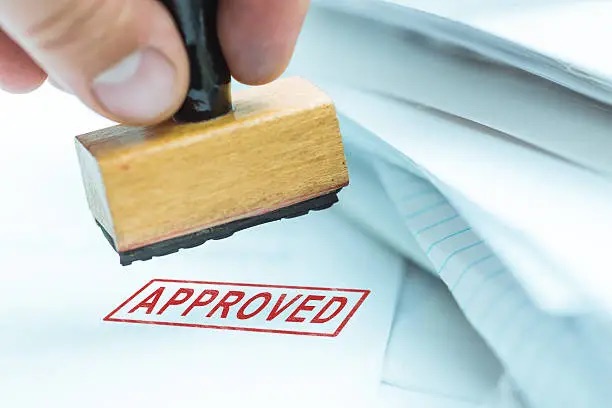However, you can navigate the process smoothly with careful planning and expert legal advice.
Here are seven top tips for smooth commercial conveyancing.
1 – Engage a Specialist Commercial Property Solicitor Early On
Enlisting a solicitor with commercial conveyancing experience is the first step towards a smooth transaction. Commercial property deals can be complicated and often involve leasehold issues, planning consents, or tenant obligations.
A specialist solicitor will understand these complexities and guide you through the process, offering advice on key elements like property use, environmental regulations, and the terms of the sale.
Engaging a solicitor early also means they can handle legal issues without delay. It helps to choose a solicitor with a track record in dealing with commercial property in your industry to give you insight into sector-specific topics.


2 – Clarify the Heads of Terms (HOTs)
Before formal contracts are drawn up, the buyer and seller usually agree on “Heads of Terms” (HOTs). This non-legally binding document sets out the principal aspects of the transaction, including the agreed price, timelines, and any special conditions.
Clearing defined HOTs helps prevent misunderstandings later. The document works as a transaction roadmap, so working with your solicitor to cover all relevant points can save you time later. While HOTs aren’t legally binding, they can form the foundation of the final legal contract, so clarity is crucial.
3 – Conduct Thorough Due Diligence
Due diligence is time-consuming, but it’s one of the most vital parts of the commercial conveyancing process. It involves your solicitor investigating the property for any legal, structural, or financial risks that could affect your transaction.
Your solicitor will conduct searches to uncover any potential issues, such as:
Title defects: To identify any problems with the legal ownership of the property.
Planning permission: To ensure the property has the necessary permissions for your intended use.
Environmental risks: To identify potential contamination issues, especially for industrial properties.
Building regulations: To ensure the property complies with all legal building standards.
You must allow enough time for due diligence to be completed properly. Discovering problems at this stage could affect the property’s value or viability, so rushing the process can be costly.


4 – Prepare for Commercial Financing
Financing a commercial property can take time, so planning and starting the process early is essential. To approve commercial property loans, lenders typically ask for detailed business plans, financial projections, and proof of income.
If you’re relying on a commercial mortgage, make sure you understand the different types available, such as fixed-rate and variable-rate loans, as well as the length of the loan term.
If you’re funding the transaction in other ways, your solicitor can review the financing agreements to ensure the terms are commercially viable and align with your business needs.
5 – Consider Tax Implications
Commercial property transactions often have tax implications that buyers need to be aware of. These implications include VAT and stamp duty land tax (SDLT).
Stamp Duty Land Tax (SDLT) is a key consideration for buyers as the rate depends on the property’s purchase price. Your solicitor can advise on how much SDLT will be due and how it will impact your transaction costs.
VAT: Some commercial properties are subject to VAT. Check whether VAT applies to the property you’re buying, as this will affect the total amount you pay.
Addressing these tax issues upfront can prevent surprises from hindering your transaction.


6 – Communicate Regularly with Your Solicitor
Commercial property deals involve multiple parties (buyers, sellers, tenants, lenders). Keeping everyone informed will help maintain momentum, and clear, regular communication with your solicitor ensures a smooth conveyancing process.
Ask your solicitor for regular updates and respond promptly to any requests for information. Proactive communication can help identify and resolve potential issues before they escalate.
7 – Prepare for Completion and Post-Completion Obligations
Once all the searches, checks, and legal documents are finalised, you’ll move towards completion. This is the point when the property officially changes hands. To ensure this happens without complications, make sure all financing and legal paperwork is in order well before the completion date.
Post-completion obligations may include registering the property with the Land Registry and paying any outstanding SDLT. Your solicitor will help with this, but it’s important to be aware of these final steps to avoid last-minute complications.

- Hire an expert solicitor
- Clarify heads of terms
- Conduct due diligence
- Prepare financing
- Understand the tax implications
- Communicate with your solicitor
- Prepare for completion and post-completion
_____________
INVESTING IN COMMERCIAL PROPERTY?
TOOMEY LEGAL ARE COMMERCIAL CONVEYANCING SPECIALISTS.
COMPLETE THE SHORT INQUIRY FORM BELOW AND OUR TEAM WILL BE IN TOUCH SOON.
